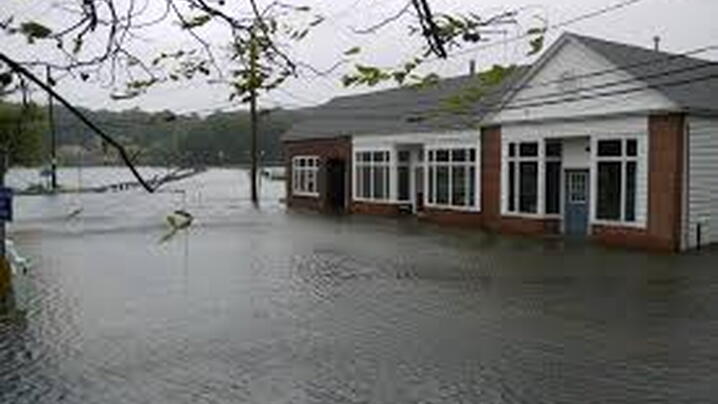
by Ron Carlee, director, Center for Regional Excellence, Strome College of Business, Old Dominion University
Over the summer, I had the opportunity to interview a number of city managers who have been through crisis events for a forthcoming ICMA white paper. Included in the interviews were four managers who experienced Hurricane Harvey in the greater Houston region and managers who experienced severe flooding in the Boulder region and in Illinois. Lessons from these managers indicate that managers experiencing Hurricane Florence need to begin their recovery process now, even before flood waters subside and streets are cleared. Here are 10 insights from managers who have been there.
1. Document everything.
As cities assess the damage to their communities, document everything possible with photographs and video. Capture the extent of damage before clean-up starts. Document every expense, including the time of all employees working on response and recovery issues.
2. Get help from FEMA.
If a city has not been through a FEMA declaration, get help on knowing how to do things correctly from the beginning. Check with the state emergency management office and the municipal league to identify vetted resources.
3. Coordinate interjurisdictionally.
In states where cities and counties have overlapping responsibilities, convene a meeting of leaders and create a unified plan for helping residents seamlessly. As part of a unified plan, create a separately branded and dedicated website providing all the information that residents will need for recovery.
4. Create a dedicated recovery team with a recovery manager.
Parts of most cities will have no damage, while other neighborhoods will have residents with their lives severely disrupted. Maintain a team focused on those that need help while getting other city functions back to normal. If your city is too small to do this, ask for help just as you would for an emergency response.
5. Create a disaster recovery center.
Deploy all resources that residents will need as a one-stop shop: city, county, state, and federal resources.
6. Examine city codes.
Amend codes as necessary, such as those related to building plans and inspections, zoning regulations for temporary housing, health codes for food service, fees, and other areas that can help expedite recovery for residents and businesses. Take temporary changes to the city council for review as quickly as possible.
7. Expedite utility restoration.
Without electricity, water, sewer, and communications, there can be no semblance of recovery.
8. Get rid of debris.
Don’t let debris linger as a sign of the disaster. Provide incentives for residents to clean up their property and do the same thing on the public side.
9. Develop a recovery plan.
Set specific, focused goals. Have the goals adopted by the city council, communicate them to the public, and provide regular reports on progress. If it is a small city or town, ask for help.
10. Take care of each other.
Provide support to employees who are victims. Provide critical stress debriefing for all employees involved in the disaster response. Provide mental health services to the public.
Related Resources
Preparing for the 2018 Hurricane Season. This blog post from 2018 offers 10 tips for communities preparing for hurricanes.
Rising to a Post-Disaster Challenge. This article from 2018 looks at the work ICMA did in the Dominican Republic after Hurricane Maria.
Disaster Recovery for the Long Haul. In a 2017 article, Elizabeth Keller writes that communities recovering from disasters now should not just think about the immediate recovery but also start the long-term planning process that is necessary for a community to come back from a disaster.
New, Reduced Membership Dues
A new, reduced dues rate is available for CAOs/ACAOs, along with additional discounts for those in smaller communities, has been implemented. Learn more and be sure to join or renew today!
